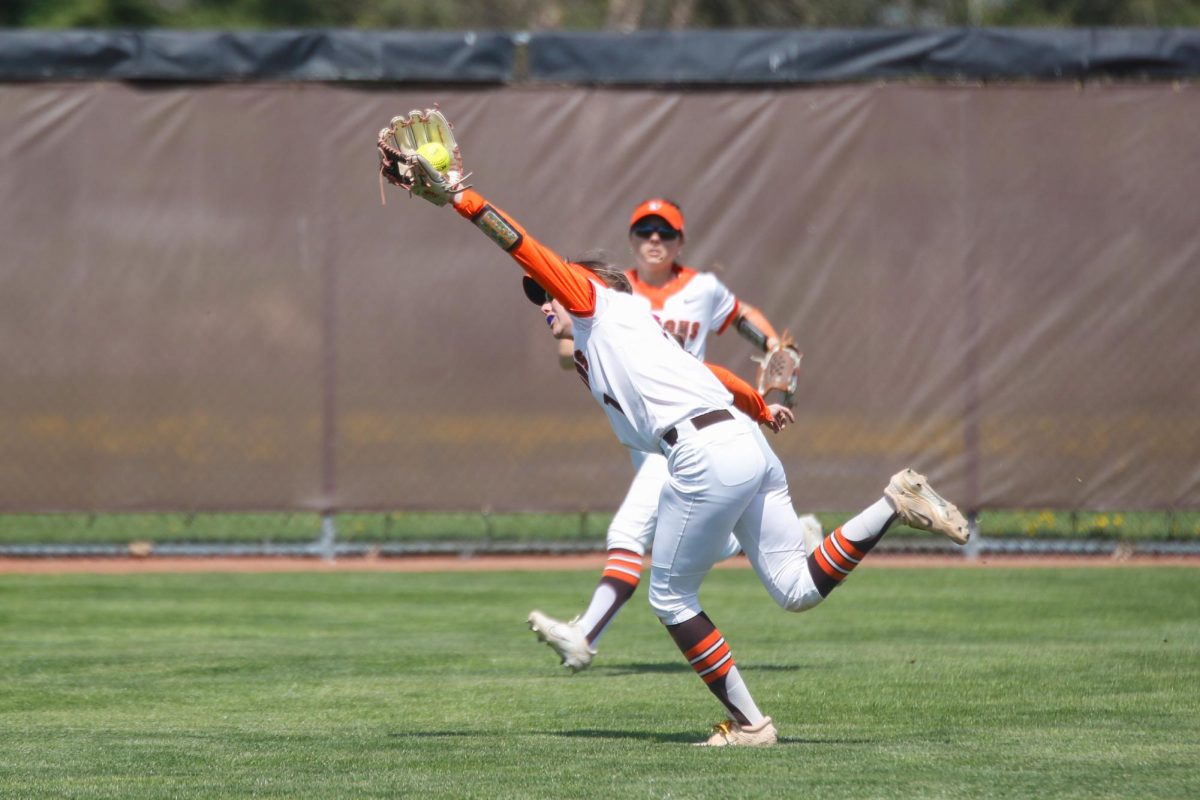By Nedra Pickler
The Associated Press
FORT MEADE, Md. – President Bush, defending the government’s secret surveillance program, said yesterday that Americans should take Osama bin Laden seriously when he says he’s going to attack again.
“When he says he’s going to hurt the American people again, or try to, he means it,” Bush told reporters after visiting the top-secret National Security Agency where the surveillance program is based. “I take it seriously, and the people of NSA take it seriously.”
It was Bush’s first comment about bin Laden since a tape was aired last week in which the al-Qaida leader warned that his fighters are preparing new attacks in the United States. Bin Laden offered the American people a truce, without specifying the conditions, but the White House said the United States would never negotiate with the mastermind of the Sept. 11 attacks.
Bush’s NSA visit was part of an aggressive administration effort to defend the surveillance program. Some experts and lawmakers from both parties have questioned whether it’s legal for the government to listen to conversations in the United States without a warrant, which the administration could get through the Foreign Intelligence Surveillance Court.
Four leading Democratic senators sent Bush a letter yesterday saying although they support efforts to do everything possible within the law to combat terrorism, the NSA program is an “apparent violation of federal law.”
“If you or officials in your administration believe that FISA, or any law, does not give you enough authority to combat terrorism, you should propose changes in the law to Congress,” wrote Sens. Harry Reid, Edward Kennedy, Richard Durbin and Russ Feingold. “You may not simply disregard the law.”
Reporters traveling with the president were only allowed to see a few minutes of Bush’s NSA tour, as he walked through the high-tech Threat Operations Center where intelligence experts monitor Internet traffic. He spoke to reporters from a podium set up in a hallway after completing his tour, but did not take any questions.
In keeping with the NSA’s secrecy, reporters were required to leave their cell phones, pagers, laptops and wireless e-mail devices outside the complex. The White House negotiated so that the journalists could bring in cameras and video equipment, but they were allowed only to take photos of the president, not the exterior or interior of the facility itself.















